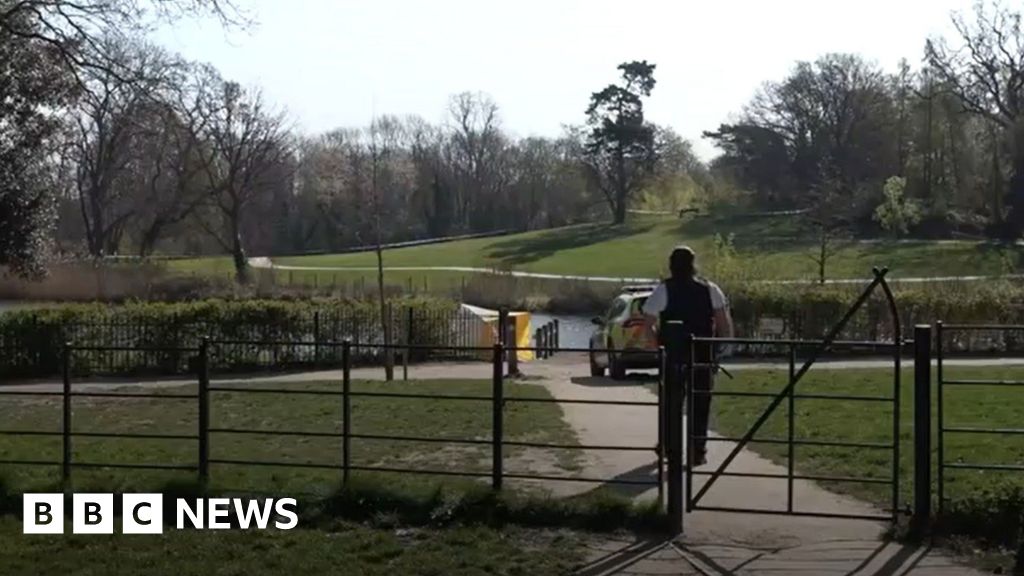It’s tempting to cheer House Ways and Means Chairman Bruce Bannister's announcement Thursday that his bill to overhaul South Carolina’s income tax system needed work. Tempting but grossly premature — and quite possibly off-base. The collective Republican leadership of the S.
C. House and Senate and Gov. Henry McMaster didn’t back off their tax plan because Democrats and independents and centrist Republicans were complaining about the fiscal impact statement that showed 59% of state income tax filers would pay a collective $940 million in higher taxes to subsidize a $1.

2 billion tax cut for only 19% of mostly top-income filers. Many of them were complaining, as were we , but that’s not who was driving the social media b acklash against H.4216 .
It was the House’s fringy “Freedom Caucus” that was able to generate the backlash that everybody in the 59% — and the civic-minded portion of the 19%, along with the 22% of unaffected taxpayers — should have been part of. Unfortunately, what the backlash organizers are demanding is that the 59% get significant tax cuts of their own — which they want accomplished by compressing a 13-year tax-cut plan into a one-year plan that would require massive cuts to essential state services at the very moment that state agencies face federal funding cuts that could trim up to a third of their collective budgets. And for some of the freedom fighters, even that wouldn’t be enough: They want to eliminate the income tax , which pays for 45% of general state government services.
That is not the right answer. The right answer is to eliminate the tax increases that lawmakers built into their plan in order to slash the state’s highest income tax rate from 6.2% to 3.
99%. Republican leaders are right when they say we need to “decouple” our income tax from the federal income tax, with all of its special-interest giveaways that mostly reward people with talented accountants who find ways to avoid paying their fair share of taxes. If they did that — if they made our federal gross income the starting point for calculating state income taxes instead of the much lower federal taxable income — they would be able to reduce our 6.
2% top rate significantly. That 6.2% rate is much higher than what anybody actually pays, but its existence on state-by-state tax comparisons is what produces that “black eye” lawmakers say puts South Carolina at an economic disadvantage.
The problem is trying to lower that number all the way down to 3.99%. That reduces state revenue by about $1.
4 billion — which is why the on-hold plan cuts state revenue collections by $200 million and raises taxes by $1.2 billion on 59% of income tax filers. Mr.
Bannister said he was working with state officials to get new projections on, for instance, what it would cost to eliminate the income tax. Those should be easy to come up with, and they should clearly demonstrate that doing so would make it impossible to continue “responsible budgeting” as he pledged to do. He should also ask how low the tax rate could go if he simply switched our starting point for calculating income taxes from taxable income to adjusted gross income.
Doing that would still mean some individuals would pay more overall, because they would no longer be able to use those special-interest federal deductions to lower their taxable income. But there wouldn’t be a wholesale tax increase like the one Mr. Bannister and Mr.
McMaster and other legislative leaders introduced last month. We don’t think the Legislature needs to cut taxes another $200 million this year, on top of the $200 million the House budget already contemplates to drive the current 6.2% income tax rate down to 6%.
But if lawmakers are determined to do that, they need to come up with a way to lower those taxes for everyone — and to leave off that billion-dollar tax increase for poor, middle-income and even some upper-income taxpayers. Click here for more opinion content from The Post and Courier..
Technology

Editorial: This time, try a tax plan that doesn't hurt most SC taxpayers

It’s tempting to cheer House Ways and Means Chairman Bruce Bannister's announcement Thursday that his bill to overhaul South Carolina’s income tax system needed work.















